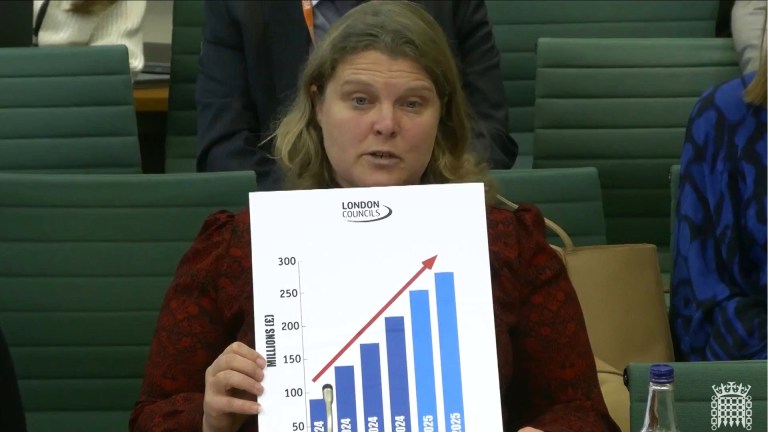The largest study of its kind, which aimed to measure the well-being of looked after children and young people has revealed that 83% feel that being in care has improved their lives, and that the longer children and young people have spent in care, the more likely they are to have moderate to high levels of wellbeing.
Over 2000 children from 16 local authorities were surveyed for the ‘Our Lives Our Care’ study, published by the charity Coram Voice and the University of Bristol. It is part of the Bright Spots programme which enables local authorities to find out directly from young people what areas need to be improved.
While the majority of young people are positive about their experiences of care, the findings point out where there is more work to be done. Of the youngest children surveyed (4-7 year olds), over half (53%) thought it not had been fully explained to them why they were in care, and almost a quarter (23%) were unsure of who their social worker was. In addition, almost a fifth (19%) of 8-10 year olds do not feel listened to or included in decisions made about them.
Latest government figures show there are over 72,000 children in care in England, with the largest majority in care due to parental abuse and neglect
The study consisted of online surveys for children aged 4-7 years, 8-10 years and 11-18 years, and results show that, compared to young people in the general population, a larger proportion of children in care feel safe where they are living and felt their carers were interested in their education. In addition, the majority (92% of 11-18 year olds, 93% of 8-10 year olds and 89% of 4-7 year olds) felt their carers noticed their feelings.
Children and young people emphasised the importance of having a trusted adult in their lives. However, almost a third (31%) of 11-18 year olds reported that they have had three or more social workers in the past year, and one young person commented: “I think that social workers shouldn’t move around as much because they just get to know your life story…how can you trust them when you don’t even know them or have hardly ever met them?”
8% of 11-18yrs had no contact with either parent and 20% had lived with five or more foster carers since entering care
Some children and young people also felt that changes of placement and school had negatively affected their friendships, and one in ten 11-18 year olds reported not having a good friend (compared to just 3% of 14 year olds in the general population).










